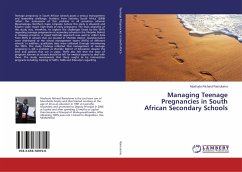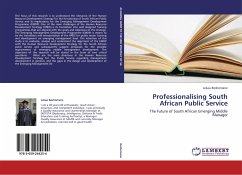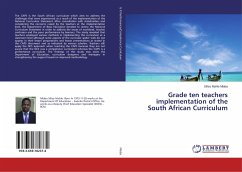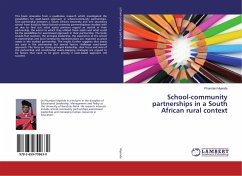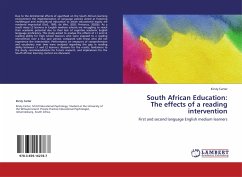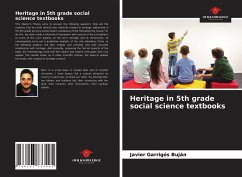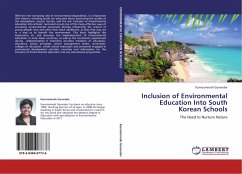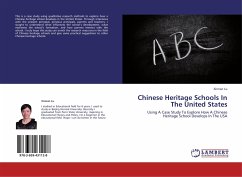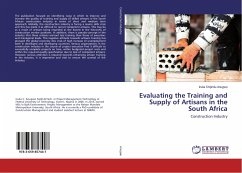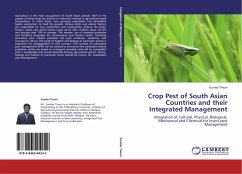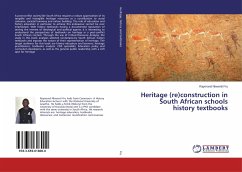
Heritage (re)construction in South African schools history textbooks
Versandkostenfrei!
Versandfertig in 6-10 Tagen
50,99 €
inkl. MwSt.

PAYBACK Punkte
25 °P sammeln!
A post-conflict society like South Africa requires a robust appreciation of its tangible and intangible heritage resources as a contribution to social cohesion, societal harmony and nation building. The role of education and history education in particular to achieve this endeavour cannot be over emphasised. With history textbooks having a documented reputation of serving the interest of ideological and political agents, it is interesting to understand the perspectives of textbooks on heritage in a post-conflict South African context. Through the use of Critical Discourse Analysis, the study i...
A post-conflict society like South Africa requires a robust appreciation of its tangible and intangible heritage resources as a contribution to social cohesion, societal harmony and nation building. The role of education and history education in particular to achieve this endeavour cannot be over emphasised. With history textbooks having a documented reputation of serving the interest of ideological and political agents, it is interesting to understand the perspectives of textbooks on heritage in a post-conflict South African context. Through the use of Critical Discourse Analysis, the study in this book analyses selected contemporary South African history textbooks and exposes the nature of their representation of heritage. The target audience for this book are history educators and learners; heritage practitioners, textbooks analysts; CDA specialists; Education policy and curriculum developers; as well as the general public readership with a soft spot for heritage



